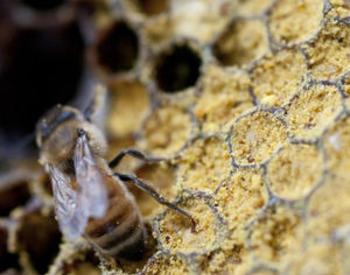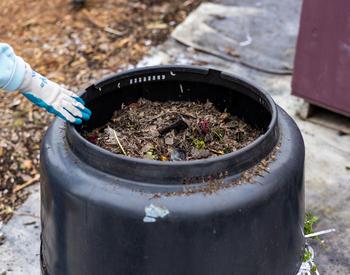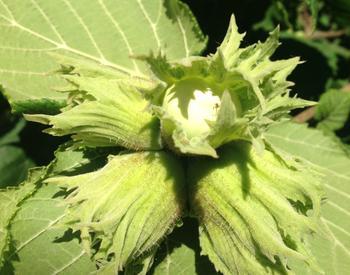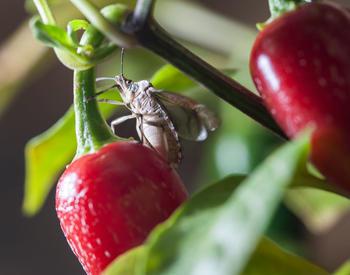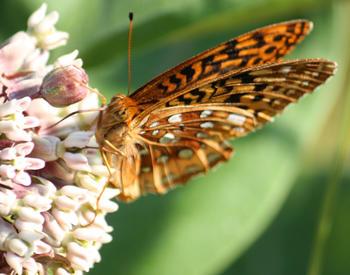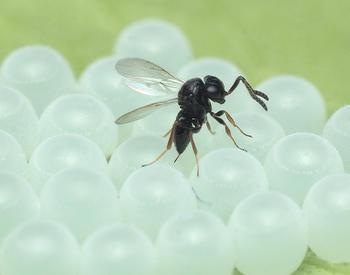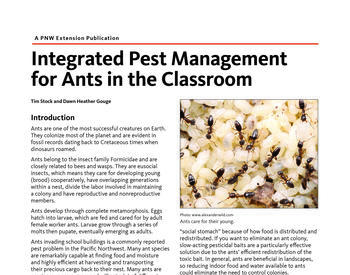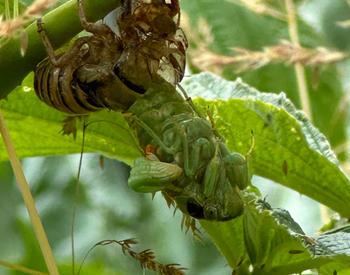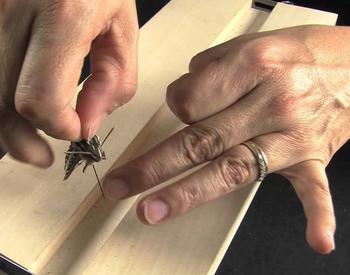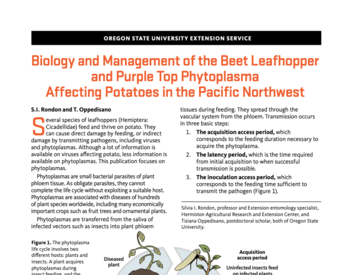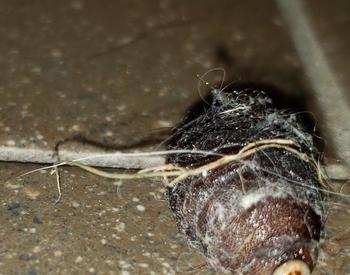About a year ago the cockroaches were out of control in our yard. We resisted, but when we started finding roaches in the kitchen we finally relented, and hired a company to spray the exterior of our home. We know the spray works as the cockroach problem is vastly reduced, we also noticed that it kills spiders. Recently we found a few dead bees and wondered if somehow the pest treatment was harmful to bees?
First, I am glad you have found a system that has given you relief and that you are reaching out to figure out if there are unintended side effects. My sense is that the insecticides used for cockroaches are generally toxic to bees. The company applying the treatments can check this, as there are warnings for toxicity to pesticides directly on the pesticide label.
Reducing pollinator's exposure to pesticides
Toxicity is not the only factor that will result in the death of bees, but also whether the bees are likely to be exposed to the pesticide. The highest risk for pollinator exposure is when a toxic pesticide is applied to an attractive plant in full bloom. An insecticide treatment applied in a cockroach bait around the interior of your home will be of very little risk to bees and other beneficial insects.
With perimeter sprays, care needs to be made to avoid bee-attractive plants. If this is impossible to do without compromising the cockroach treatment, then consider covering these blooming plants during the spray, or spraying when the plants have no blooms on them.
Tips for reducing the use of insecticides
To reduce your dependence on insecticides, the following steps are widely recommended:
- Use sticky traps around the house (these are relatively cheap) to figure out where the infestations are heaviest.
- Use caulk and paint to block out places for them to harbor, focusing on the areas of the house where you have the highest density.
- Screen vents and windows through which the cockroaches travel.
- Starve the little buggers by placing food and organic wastes in sealed containers and fixing water leaks.
Use pesticides safely!
- Wear protective clothing and safety devices as recommended on the label. Bathe or shower after each use.
- Read the pesticide label—even if you’ve used the pesticide before. Follow closely the instructions on the label (and any other directions you have).
- Be cautious when you apply pesticides. Know your legal responsibility as a pesticide applicator. You may be liable for injury or damage resulting from pesticide use.
